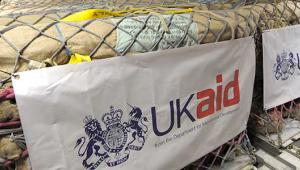ECA 700 wide.jpg

Photo: ECA
A report from the European Court of Auditors also noted that the member states in the region – the Czech Republic, Hungary, Romania and Slovakia – were slow to take up the money available. This put them at risk of losing the funding and creating the need to find additional money from national coffers.
A total of €7.9bn of EU funds were spent on waste water treatment projects in the Czech Republic, Hungary, Romania and Slovakia over the 2000-06 and 2007-13 programme periods.
“The Danube is Europe’s vital artery for business, travel and ecosystems, but it is vulnerable to organic or other forms of pollution due to ineffective waste water treatment,” said George Pufan, the ECA member responsible for today’s report.
It concluded that EU spending during the 2007-13 funding period helping bring forward waste water collection and treatment in all four countries, but progress was not sufficient to meet EU deadlines in this area.
About a third of the plants constructed in the period are oversized, even when taking future household connections into account, the auditors found. A lack of information also meant that their performance in the event of rain overflow could not be properly assessed.
In conclusion, the ECA said the financial sustainability of EU co-financed infrastructure was often questionable.
“In 90% of cases, waste water tariffs charged to users were too low,” the auditors said.
“They did not allow full recovery of costs by the plants and were below the commonly accepted affordability level of 4% of household income. in addition [we] noted a lack of information on whether the infrastructure owners had built up sufficient financial reserves to allow adequate maintenance and the eventual renewal of plants.”
Did you enjoy this article?
to receive daily news from Public Finance International to your inbox













